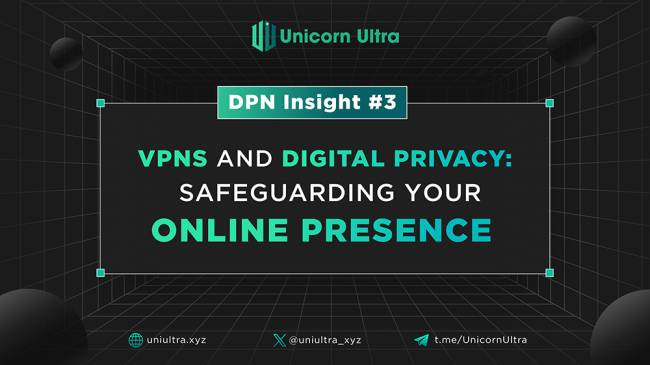The Role of VPNs in Enhancing Digital Privacy and Security
VPNs are pivotal in enhancing user privacy and security in the digital realm. They function by creating a secure and encrypted tunnel through which data is transmitted, effectively concealing users' digital footprints. This encryption protects users from various online threats, including data theft, snooping, and surveillance. By masking the user's IP address and rerouting their internet connection through remote servers, VPNs ensure that online activities remain private and anonymous.
VPNs for Secure Browsing and Internet Usage
One of the primary functions of VPNs is to facilitate secure browsing. In a world where cyber threats are rampant, VPNs provide a layer of security that is especially crucial when using public Wi-Fi networks, which are often unsecured and susceptible to hacking. By encrypting the internet connection, VPNs protect users from potential risks such as data theft and malicious attacks, ensuring that their online activities, from browsing to transactions, are secure and private.
Accessing Geo-Restricted Content Through VPNs
VPNs have become a popular tool for accessing geo-restricted content, including streaming services, news websites, and social media platforms. By changing the user's IP address to a location where the content is accessible, VPNs bypass regional restrictions and censorship. This feature not only enhances the user's freedom to access a broader range of content but also ensures that they can do so privately and securely.
VPNs in the Protection of Personal Data
The protection of personal and sensitive data is another critical aspect of VPNs. In scenarios like online banking, shopping, and confidential communications, VPNs safeguard personal information from potential interception or misuse.
They provide an essential layer of security, ensuring that personal details, financial information, and private conversations are encrypted and kept away from prying eyes.
Challenges and Considerations in Using VPNs for Privacy
While VPNs are powerful tools for privacy, users must navigate certain challenges and considerations. Selecting a reliable VPN provider is crucial, as trustworthiness and policies vary. Users should be aware of the VPN's logging policies, jurisdiction, and the security protocols it employs. Understanding these factors is essential for ensuring that the VPN truly protects the user's privacy and security.
Conclusion
In conclusion, VPNs play a vital role in safeguarding digital privacy and security. Their ability to encrypt data, provide secure browsing, access geo-restricted content, and protect personal information makes them indispensable in today's digital landscape. As our online activities become increasingly scrutinized, the importance of using VPNs to maintain privacy and security cannot be overstated. Users are encouraged to embrace VPN technology but do so with awareness and understanding of its capabilities and limitations.




.png)


